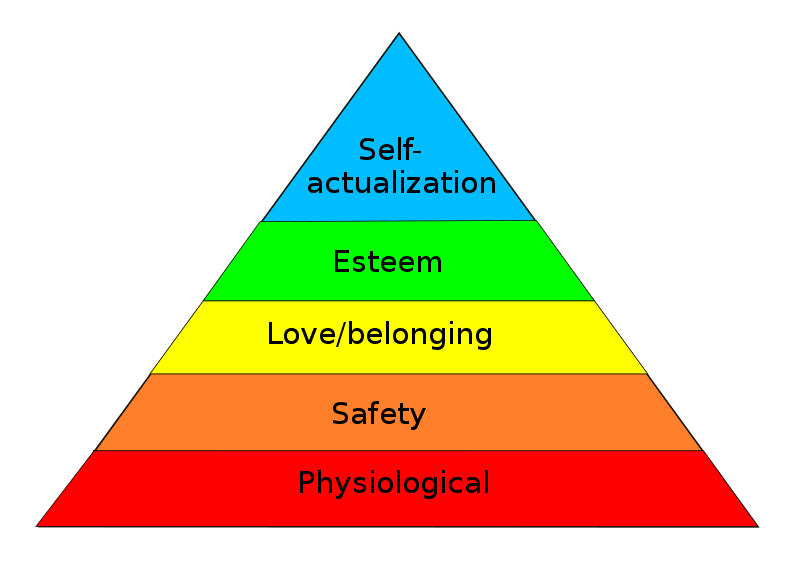
‘Time isn’t the main thing. It’s the only thing.’ – Miles Davis.
This article dives into the importance of time management and how it empowers you to live a fulfilling life.
What is Time Management?
Time management is the process of planning and exercising conscious control of the time spent on specific activities to maximize effectiveness, efficiency and productivity. We can balance our various demands relating to work, social life, family, hobbies, personal interests and other commitments with good time management practices.
Why is Time Management Important?
Time is the most valuable resource to help us achieve our goals and fulfill our aspirations. Unlike other resources, like wealth, power and intelligence, we all have the same duration of time at our disposal. However, time is also perishable because once gone, it never comes back. Steve Jobs rightly said, ‘It’s really clear that the most precious resource we all have is time.’ Therefore, if we waste our time, we waste our life.
Challenges to Effective Time Management
- Competing Demands: Family, friends, colleagues, and societal obligations vie for our attention.
- Urgency Overload: We’re constantly firefighting urgent problems, leaving no time for planning.
- Lack of Knowledge/Skills: Sometimes we simply don’t know how to best manage our time.
- Internal Distractions: Unresolved personal issues or a lack of peace can hinder focus.
Consequences of Poor Time Management
- Missed deadlines and commitments
- Financial penalties for incomplete or low-quality work
- Strained relationships in work and personal life
- Procrastination and decreased productivity
- Work-life imbalance leading to family and career struggles
- Unfulfilled dreams and unrealized potential
Benefits of Effective Time Management
- Balanced Life: Just like needing various nutrients for good health, time management helps you allocate time for all your needs (work, social, hobbies, etc.) for a balanced life.
- Future Planning: Time management frees up space to think about your long-term goals and develop the skills to achieve them.
- Personal Growth: You gain time to pursue passions, hobbies, and self-actualization, leading to a more fulfilling life.
- Career Advancement: Improved efficiency and effectiveness translate to better job performance and faster career growth.
- Stress Reduction: Knowing you’re on top of things reduces stress and allows you to focus on what matters most.
Time Management: Not Just About “Spending” Time
Greek philosopher Aristotle said, ‘Anybody can become angry— that is easy—but to be angry with the right person, and to the right degree, and at the right time, and for the right purpose, and in the right way, that is not within everybody’s power and is not easy.’
We can rephrase the quote as: ‘Anybody can spend time—that is easy—but to spend time with the right person, and to the right degree, and at the right time, and for the right purpose, and in the right way, that is not within everybody’s power and is not easy.’
Time Management is the Key to Fulfill our Needs
In 1943, American psychologist Abraham Maslow introduced the concept of a five-tiered ‘Hierarchy of Needs’, which can be represented in the form of a pyramid.

At the bottom of the pyramid, we find our physiological needs that are necessary for survival. Such requirements include air, water, food, shelter, sleep, clothing, reproduction and sexual needs. The next in the hierarchy is our safety needs, which means our personal security, gainful employment, sufficient financial reserves, resources, health and property. If we have acquired sufficient property, a good bank balance or a job with an assured regular income, we feel secure and safe since we are confident that we can also take care of our physiological needs in the future. Next comes the need for love and belonging, which includes the desire to have friendship, intimacy, family and a sense of connection. These are our emotional needs whose fulfillment is necessary for happiness.
Once our lower-level needs are satisfied, we move towards the higher need of ‘Esteem’, where we want respect, self-esteem, status, recognition, strength and freedom. These needs satisfy our ego. If we have all these needs (fulfilled), we feel valued and joyful. Finally, the topmost human need in the pyramid is ‘Self-actualisation’, or the desire to realise our full potential.
Effective time management empowers us to dedicate time to pursuing our passions, learning new skills, and reaching our full potential. By understanding Maslow’s Hierarchy of Needs, we can gain valuable insights into our motivations and priorities. Time management becomes a tool to ensure we dedicate sufficient time to fulfilling each level of needs, ultimately leading to a more balanced and fulfilling life.
Conclusion
Good time management is the key to leading a happy and fulfilled life. By taking control of your time, you can achieve your goals, meet your needs, and reach your full potential.
Master Class for Effective Time Management

